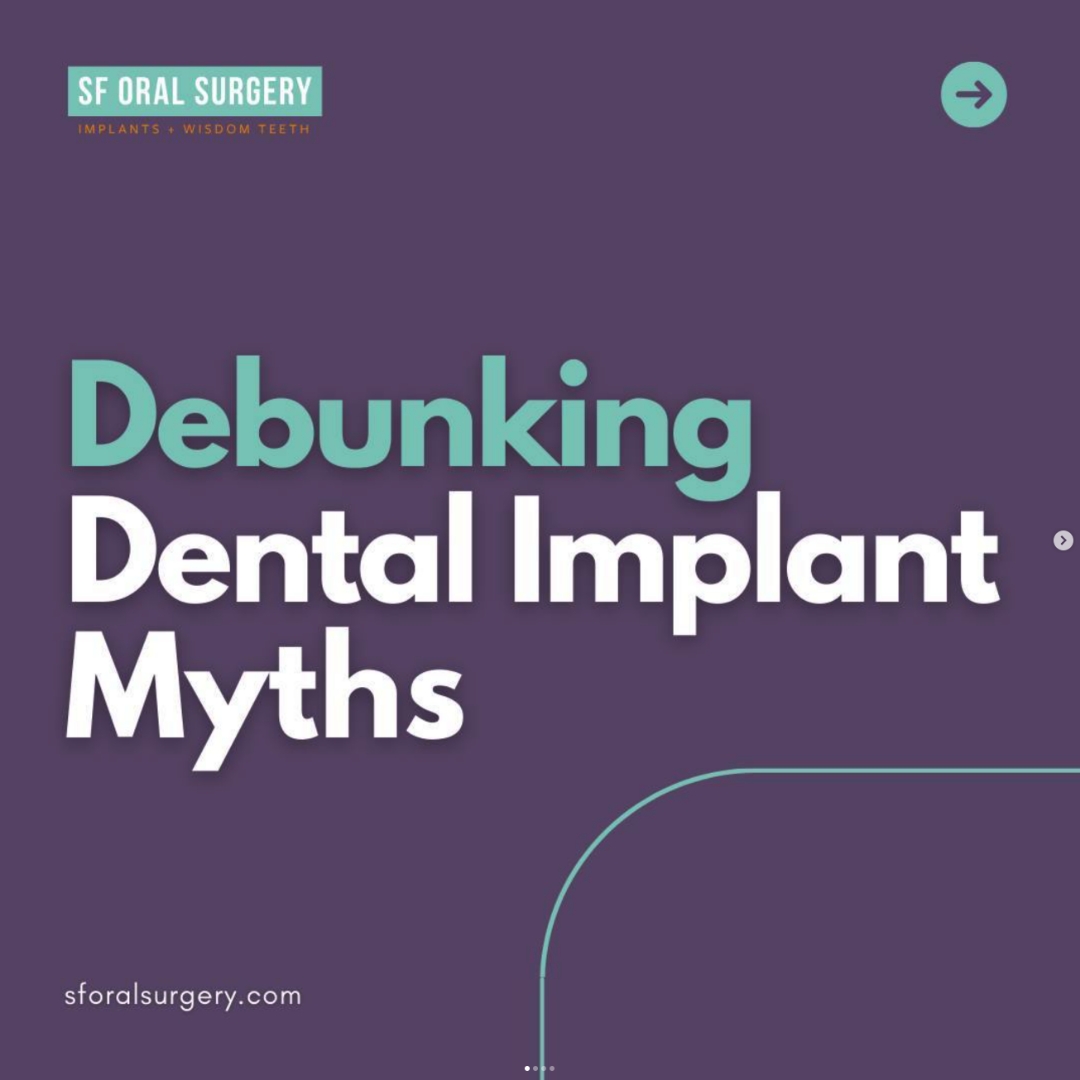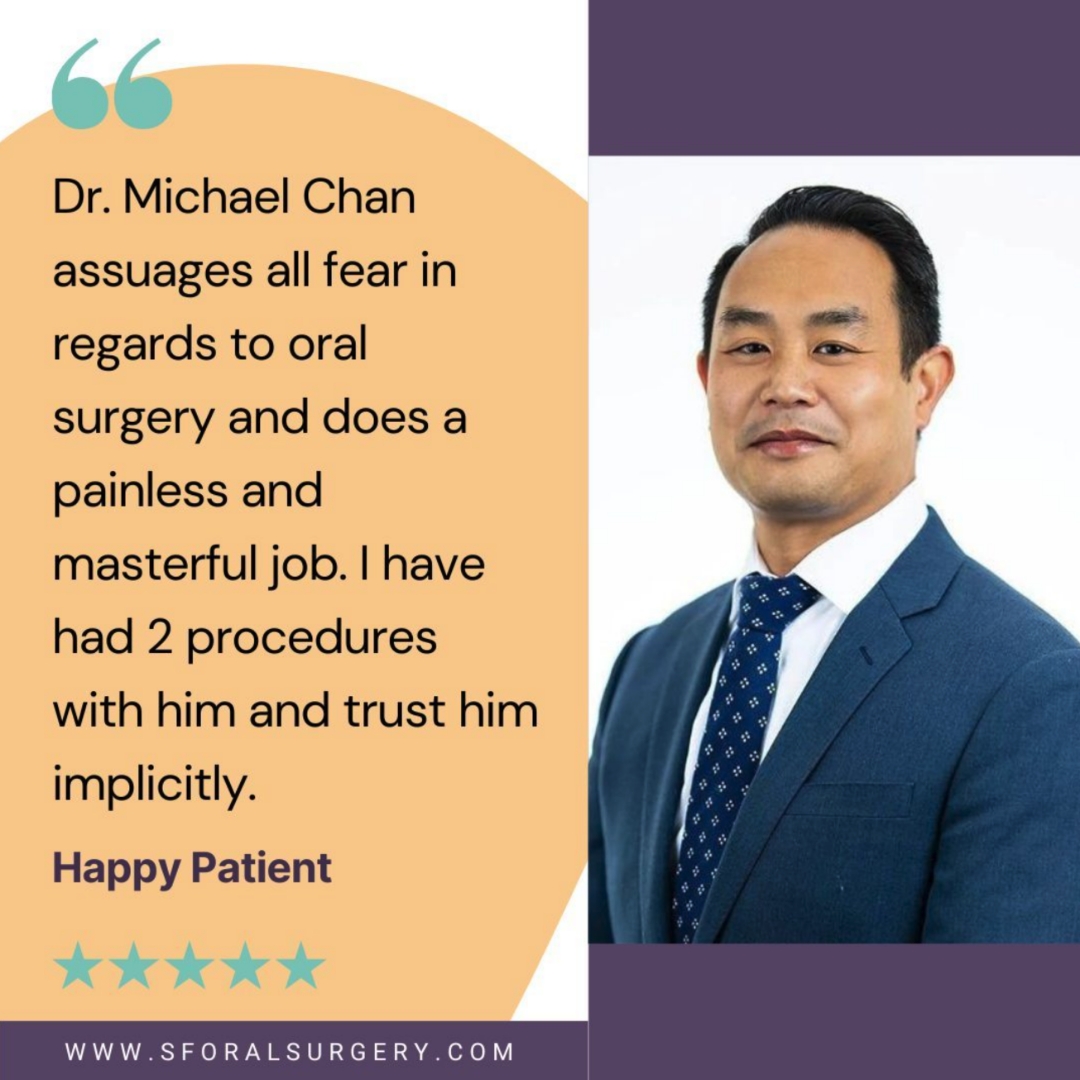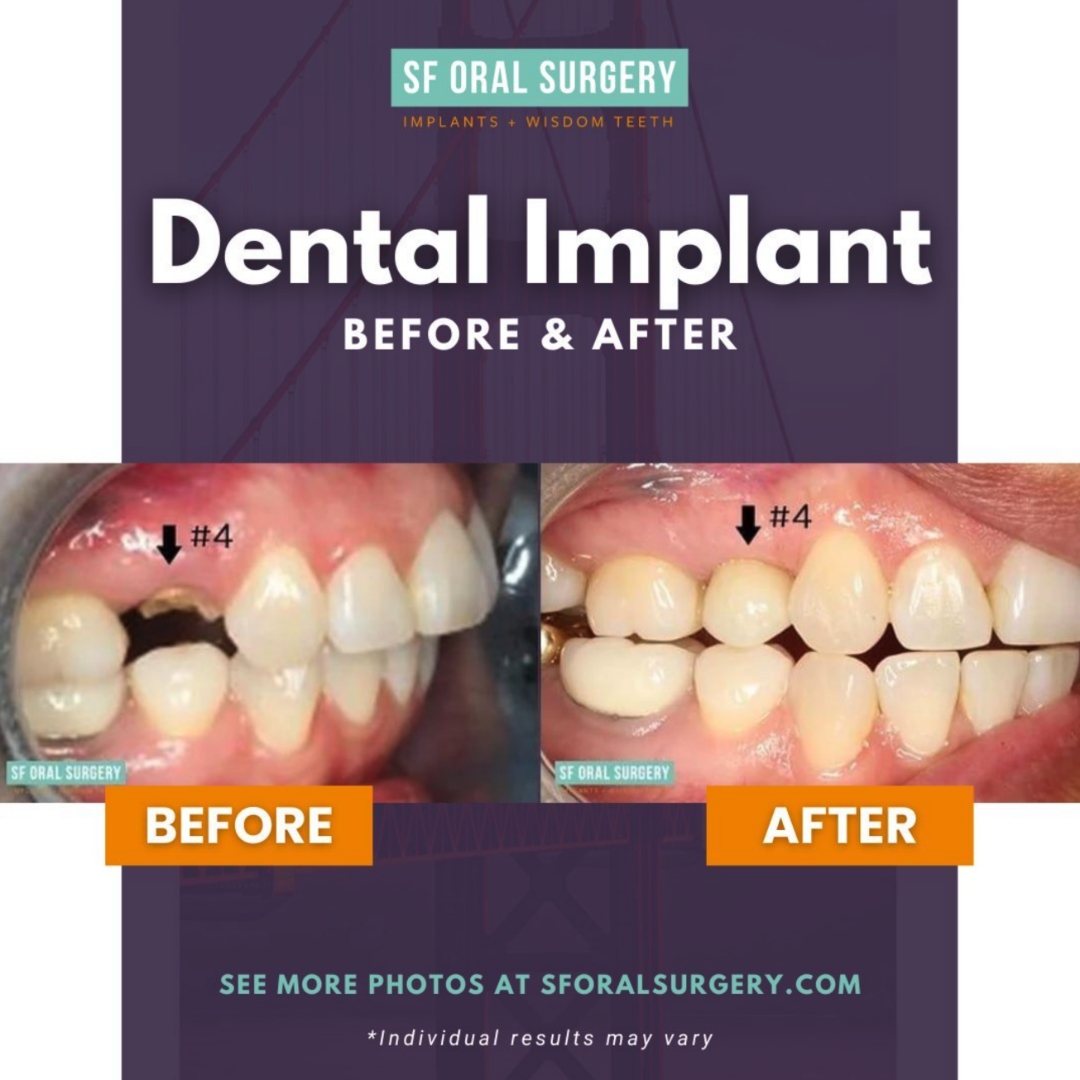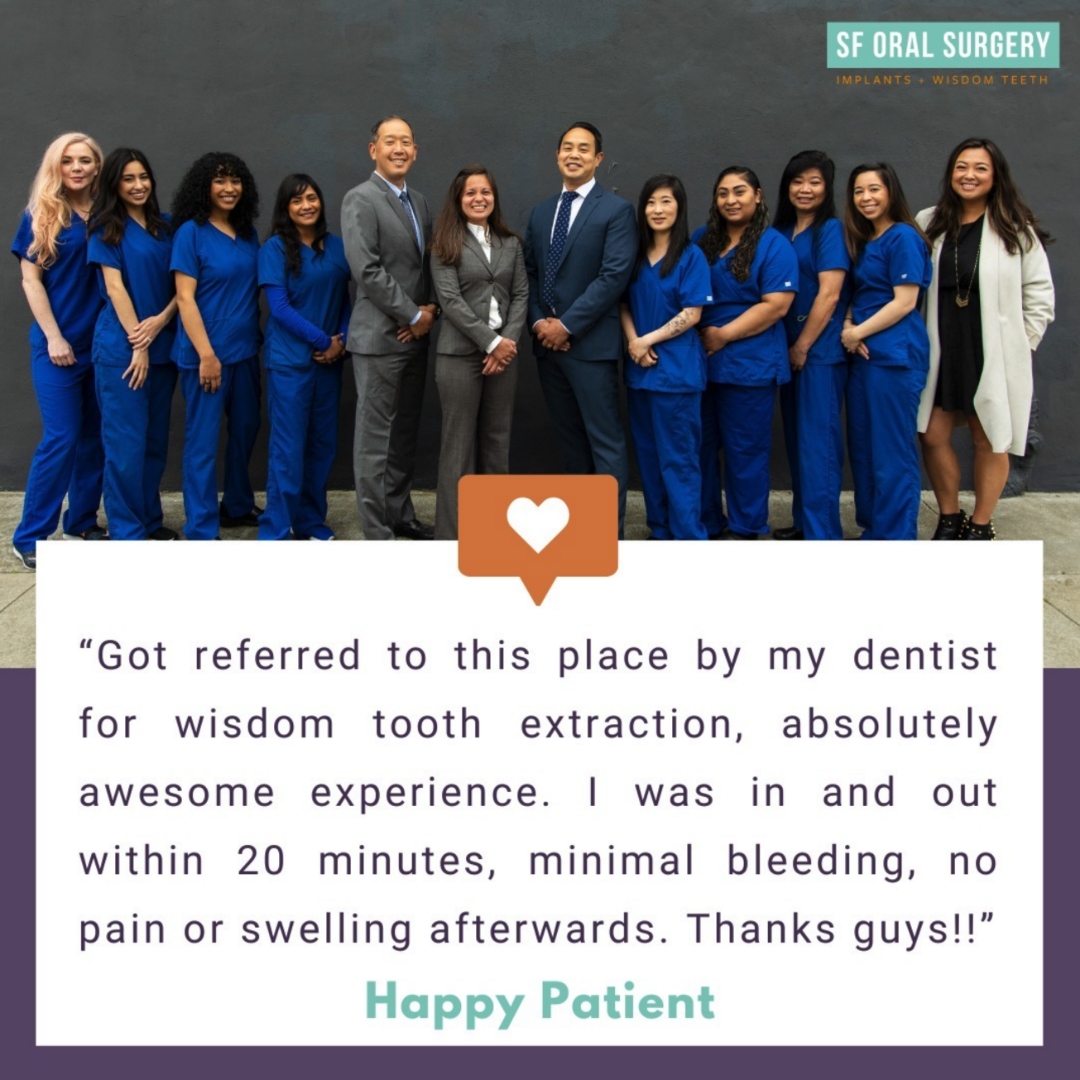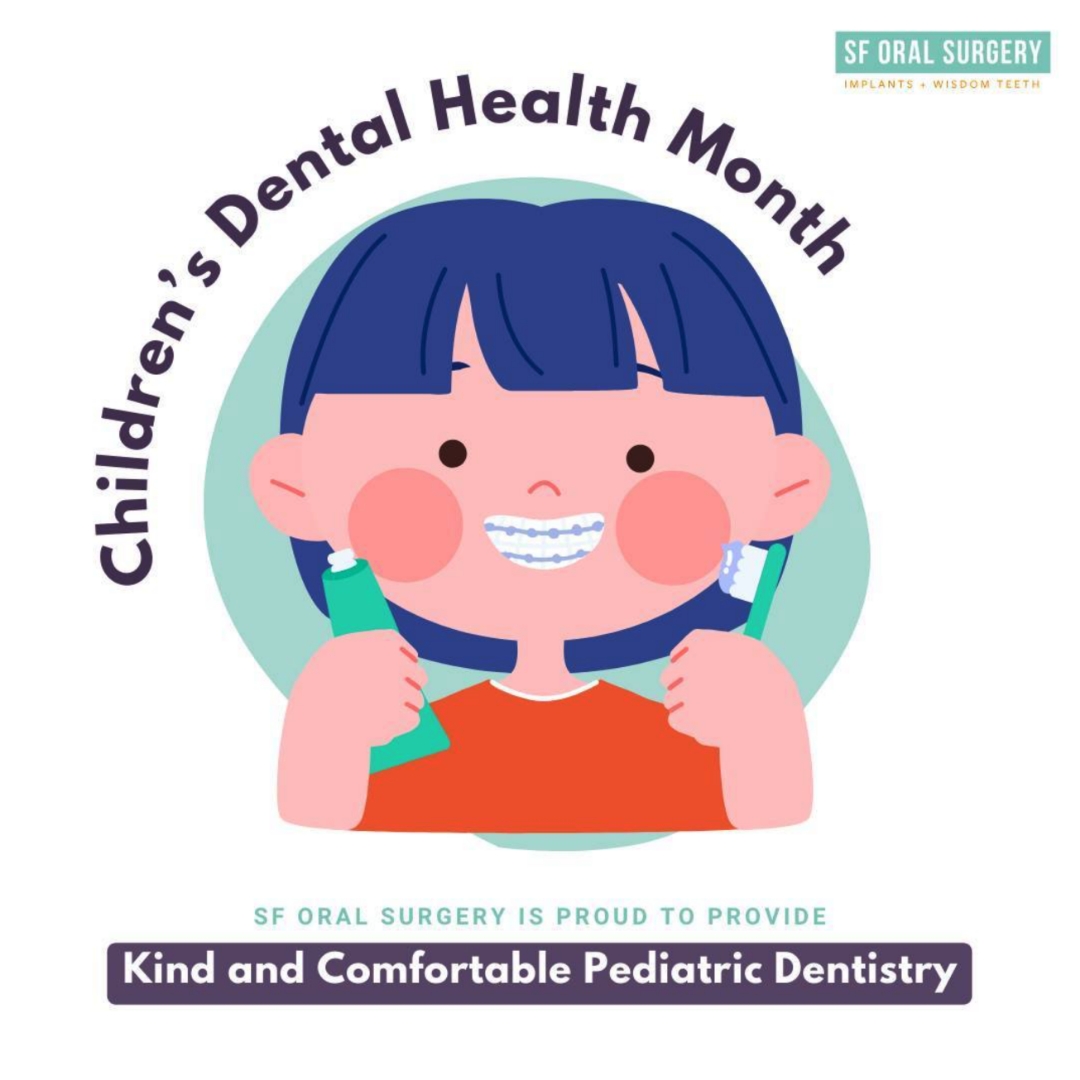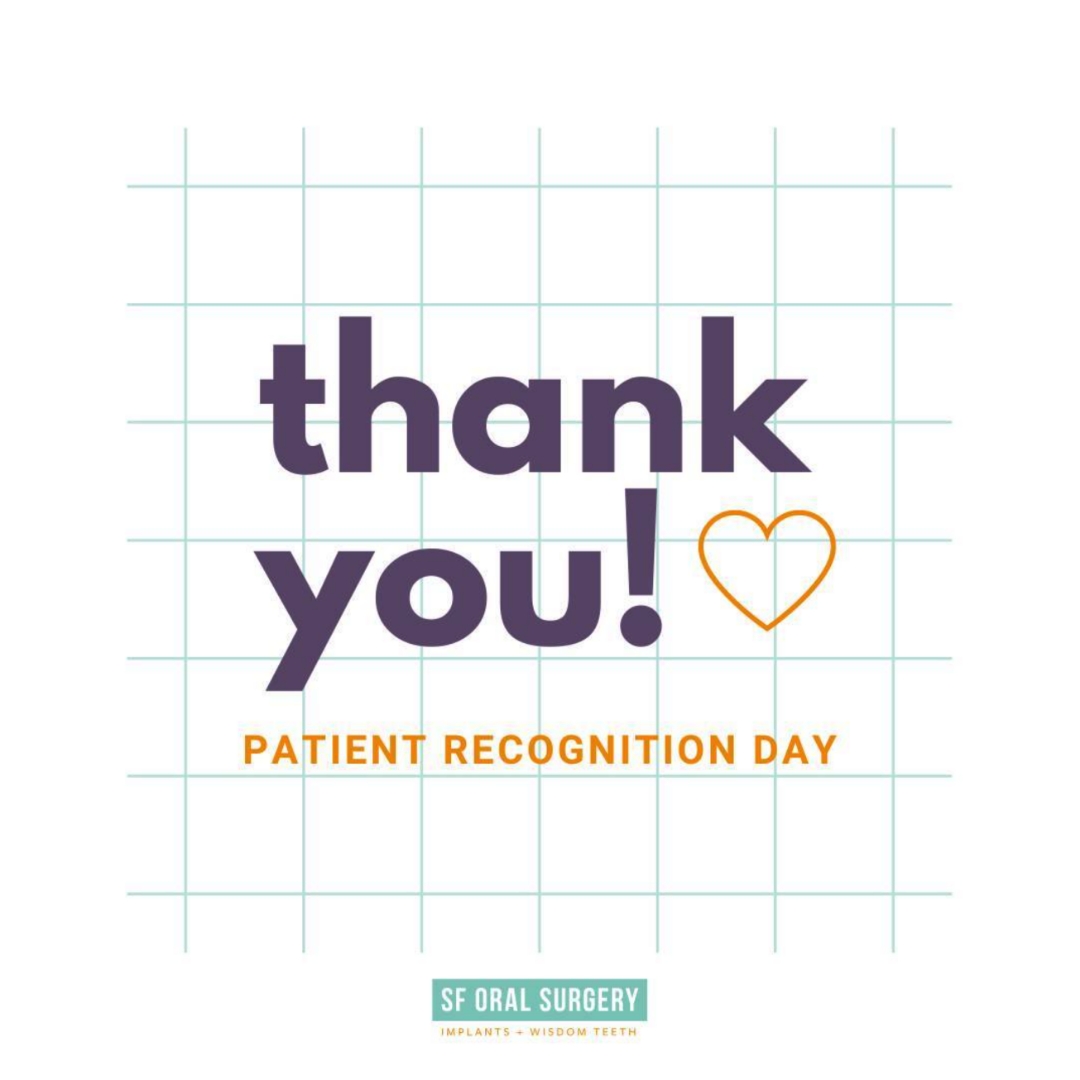If you have a decayed, diseased, or damaged tooth, you may wonder if tooth extraction is the right solution. Or, if you are getting braces, you may have concerns about tooth removal as part of your treatment plan. Your tooth’s condition helps determine whether saving or removing it will benefit your oral health.
When Should You Get a Tooth Extraction?
You may need a tooth extraction for an unsavable tooth with severe decay, a fractured tooth, or a tooth that interferes with alignment during orthodontic treatment. Consider why those factors may lead to tooth removal.
Severe Tooth Decay
A severely decayed tooth may require extraction when it threatens your oral health, or insufficient tooth structure remains to protect it with a dental crown. Advanced decay signs and symptoms include the following:
- Bad breath – Increased bacteria in a decayed tooth causes odor.
- Gum inflammation – Plaque and tartar buildup can irritate and inflame gum tissue.
- Persistent pain – Bacteria irritate tooth pulp, causing inflammation and pain.
- Sensitivity to cold and hot foods – As decay wears away tooth enamel, sensitivity increases.
Crowding and Orthodontic Treatment
In cases of severe overcrowding, your orthodontic treatment plan may include tooth extraction to make room for teeth alignment and achieve a healthy bite. Your orthodontist will determine whether your smile can benefit from an extraction.
Fracture
Advanced age, teeth grinding, or trauma can lead to a tooth fracture. The location and extent of a fracture may result in tooth removal. If a crack splits a tooth, extends below the gumline, or begins at the tooth root and extends upward toward the biting surface, it may be unsavable.
If you are experiencing any of the above concerns, schedule a consultation with our oral surgeons for an evaluation. We will help you determine if a tooth can be saved and provide a comfortable, safe treatment plan if the tooth must be extracted.
Learn More About Tooth Extraction
At SF Oral Surgery, we value patient education to improve dental experiences and procedure outcomes. Your tooth extraction aftercare includes keeping the surgical site clean and undisturbed, taking medications as directed, and avoiding strenuous activity for at least two days. Learn more about when you might need a tooth extraction and how it can support oral health.
Request A Consultation
Get To Know Your Team | Follow Us On Instagram
